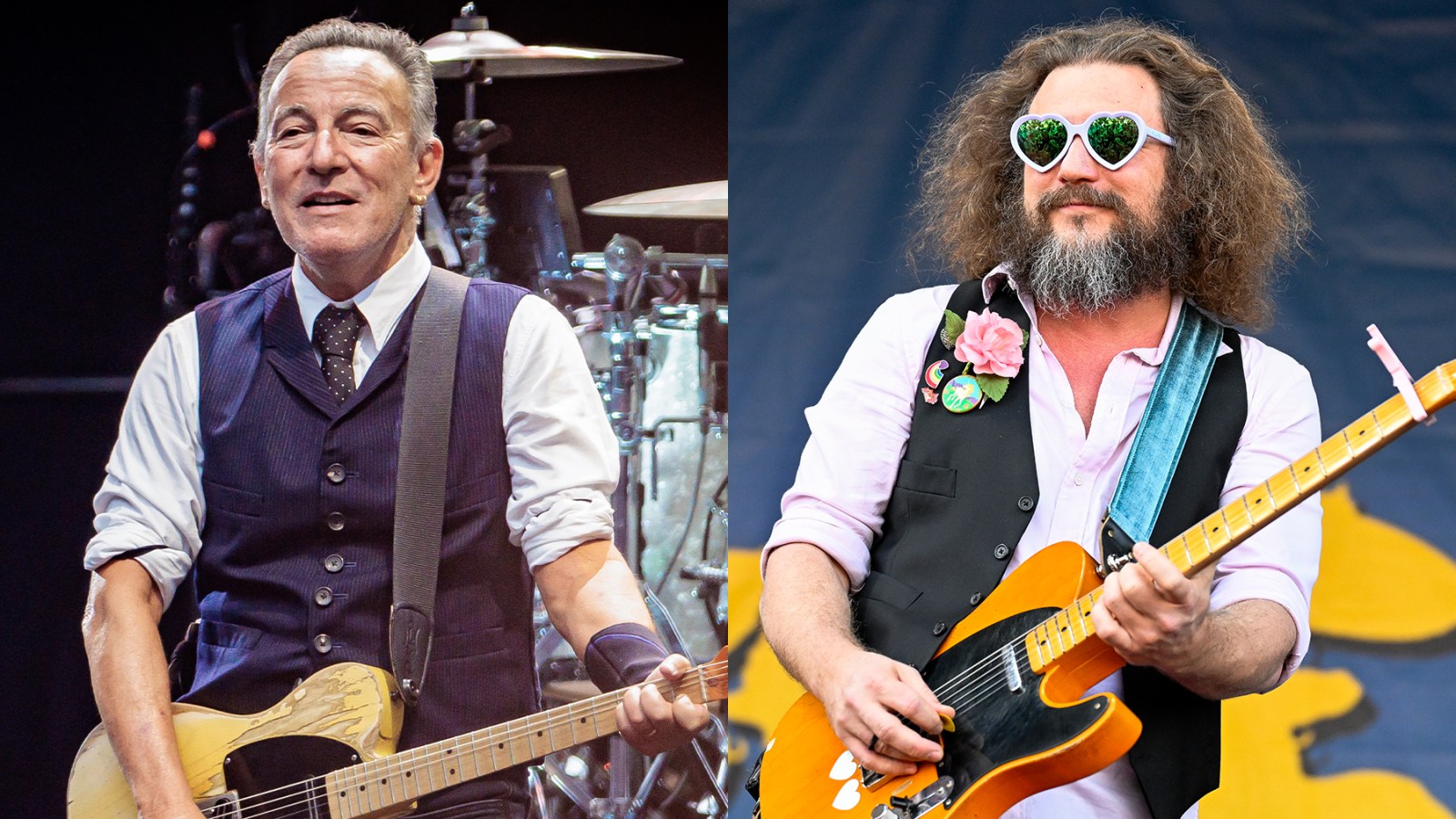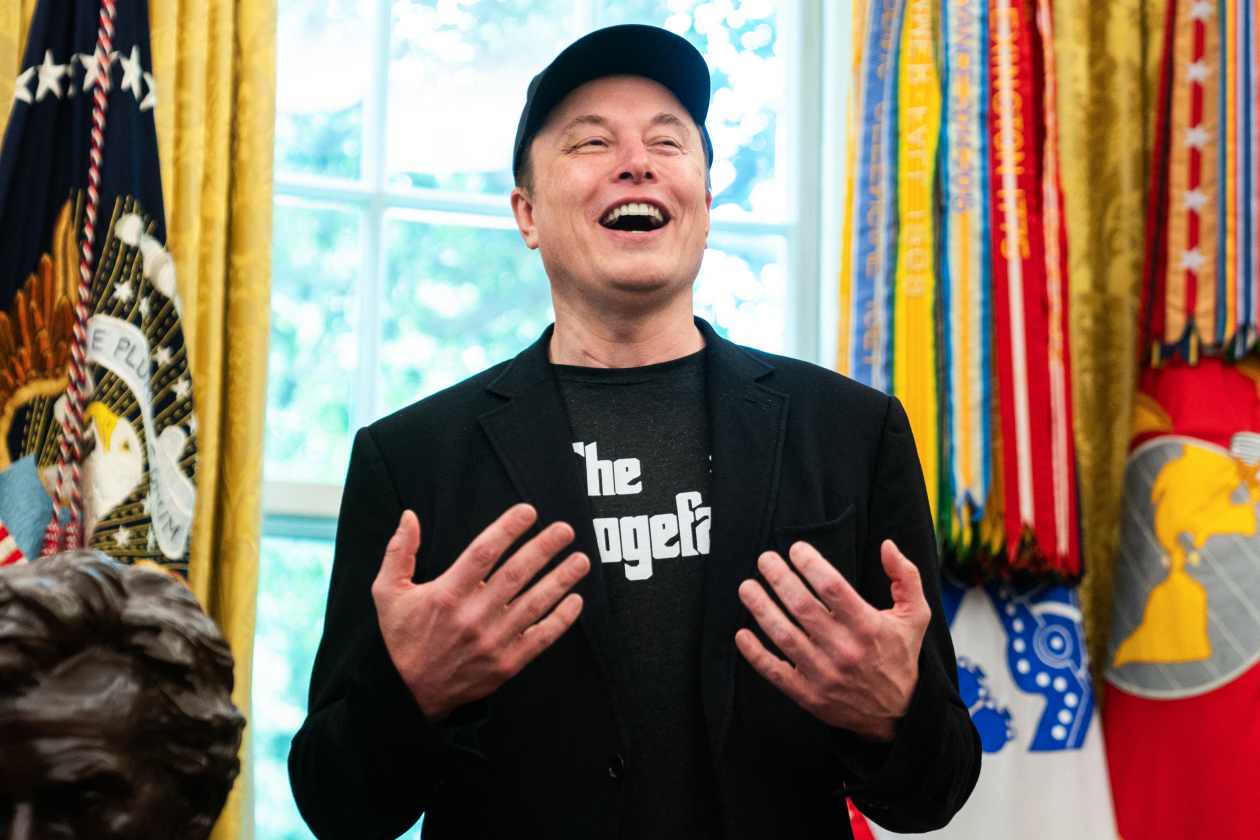When you think of Japanese directors, names like Takeshi Miike, Hayao Miyazaki, Kenji Mizoguchi, and Hirokazu Koreeda come to mind. However, one filmmaker stands above the rest as a towering figure in global cinema: Akira Kurosawa. Known for his profound influence on filmmakers worldwide, Kurosawa’s legendary status is undisputed. Now, his masterpieces return to theaters in stunning 4K, allowing both new and seasoned fans to experience his work as never before.
Akira Kurosawa, born in 1910, made his directorial debut with Sanshiro Sugata in 1943. Over a career spanning more than five decades, Kurosawa crafted numerous classics that inspired filmmakers such as George Lucas and Spike Lee. His final directorial work, Madadayo, was released in 1993. Among his most celebrated films, Seven Samurai was restored in 4K and re-released in theaters last year. Now, a broader selection of his acclaimed works is receiving the same treatment.
Akira Kurosawa: A Retrospective in 4K
Film Forum recently unveiled the trailer for Akira Kurosawa: A Retrospective, a limited re-release of Kurosawa’s seminal films. Remastered in 4K by Toho Co., Ltd., many of these films are being shown in the United States for the first time. The retrospective will take place at the Film Forum in New York City from July 18th to July 31st.
The line-up includes some of Kurosawa’s most critically lauded and influential movies, such as Throne of Blood, Stray Dog, High and Low, The Hidden Fortress, Ikiru, Yojimbo, and its sequel, Sanjuro. Although Seven Samurai will not be featured at the event, its 4K restoration is now available for physical purchase.
Spike Lee’s Remake of a Kurosawa Classic
The retrospective coincides with the upcoming release of Spike Lee’s remake of High and Low. Known for his adaptation of Park Chan-wook’s Oldboy in 2013, Lee reimagines Kurosawa’s classic thriller in an American context with Highest 2 Lowest. Starring Denzel Washington, the film premiered at the Cannes Film Festival in May and is set for theatrical release on August 22nd, followed by streaming on Apple TV+ in September.
Following its Cannes debut, Highest 2 Lowest received favorable reviews, holding an 89% rating on Rotten Tomatoes. Critics praised Denzel Washington’s performance and the supporting cast, including Jeffrey Wright, Ilfenesh Hadera, Dean Winters, and A$AP Rocky. The official synopsis describes a music mogul, portrayed by Washington, who becomes embroiled in a life-or-death moral dilemma due to a ransom plot.
The Legacy of Akira Kurosawa
Akira Kurosawa’s influence on cinema is profound and enduring. His storytelling techniques, visual style, and thematic depth have left an indelible mark on directors worldwide. George Lucas famously cited Kurosawa’s The Hidden Fortress as a major influence on Star Wars, while directors like Martin Scorsese and Francis Ford Coppola have openly acknowledged his impact on their work.
In a 1989 interview, Kurosawa himself reflected on his legacy, saying,
“I am not interested in what I have done. I am interested in what I will do.”
This forward-thinking approach is evident in his films, which continue to resonate with audiences and filmmakers alike.
Looking Ahead: The Impact of 4K Restorations
The 4K restoration of Kurosawa’s films not only preserves his legacy for future generations but also enhances the viewing experience, bringing out details that were previously unseen. These restorations allow audiences to appreciate the meticulous craftsmanship and artistry that define Kurosawa’s work.
As the retrospective unfolds, it offers a unique opportunity for both cinephiles and newcomers to explore the breadth of Kurosawa’s genius. The return of his films to the big screen serves as a reminder of the timeless power of cinema and the enduring influence of one of its greatest masters.
The impact of these restorations will likely extend beyond the retrospective, inspiring further interest in Kurosawa’s work and potentially leading to more projects that draw from his rich cinematic legacy. As audiences rediscover these classics in their enhanced form, Kurosawa’s influence will undoubtedly continue to shape the future of film.






